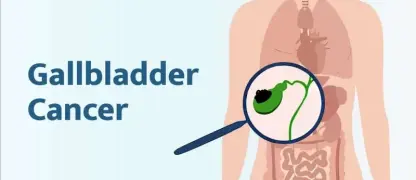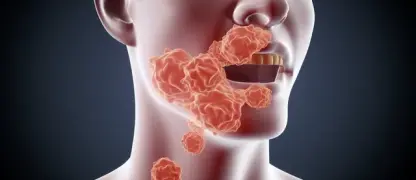Your liver is vital, but cancer can develop silently within it. Understanding the risks and recognizing early symptoms is your best defense for early diagnosis and treatment, which can significantly improve outcomes. Don't be left in the dark about your liver health.
What are the main causes of Liver Cancer?
- Chronic viral infections, particularly hepatitis B and hepatitis C, are the leading causes, leading to long-term inflammation and severe liver damage.
- Cirrhosis, which is advanced scarring of the liver often caused by heavy alcohol use or fatty liver disease, greatly increases your cancer risk.
- Certain inherited liver diseases and exposure to toxins like aflatoxins, a fungus found on agricultural crops, are also significant risk factors.

Key symptoms of Liver Cancer to watch for
- Key liver cancer symptoms include unexplained weight loss, a persistent loss of appetite, and feeling very full after eating only a small amount.
- Jaundice, which is the yellowing of your skin and the whites of your eyes, and abdominal pain or swelling are also common signs of liver cancer.
- As the disease progresses through the stages of liver cancer, you may experience increasing fatigue, nausea, and pale, chalky-colored bowel movements.
How can you reduce your risk of Liver Cancer?
- The most effective prevention is getting vaccinated against hepatitis B and seeking timely medical treatment if you have chronic hepatitis C infection.
- Limiting your alcohol consumption and maintaining a healthy body weight can prevent cirrhosis, a major precursor to hepatocellular carcinoma.
- For those at high risk, regular screening and a prompt liver cancer diagnosis can detect tumours early, when liver cancer treatment is most effective.
>>> See more: Key risk factors for bladder cancer - Are you at risk?
Microscopic images of Liver Cancer
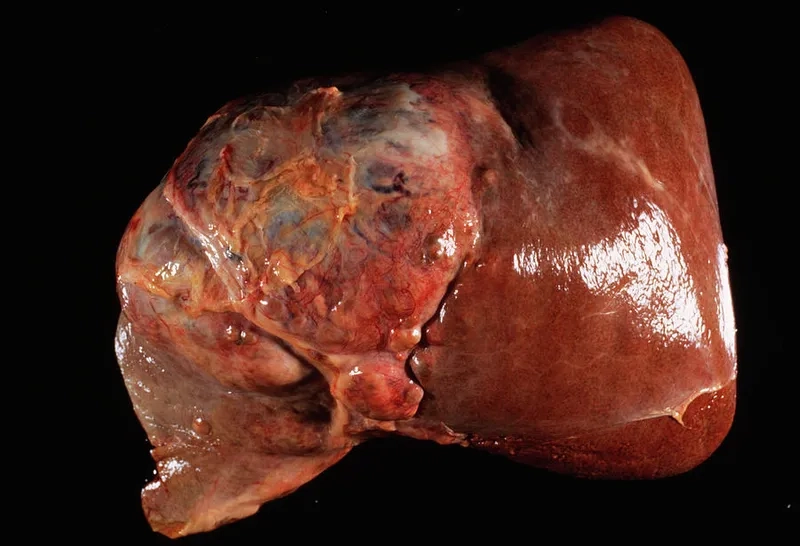

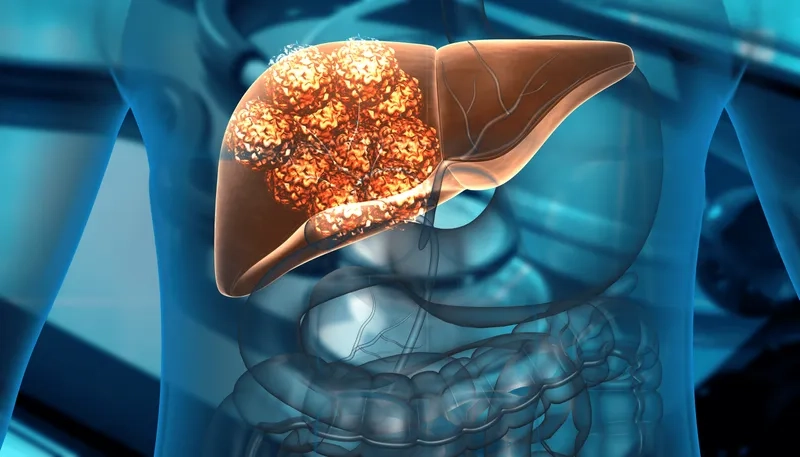
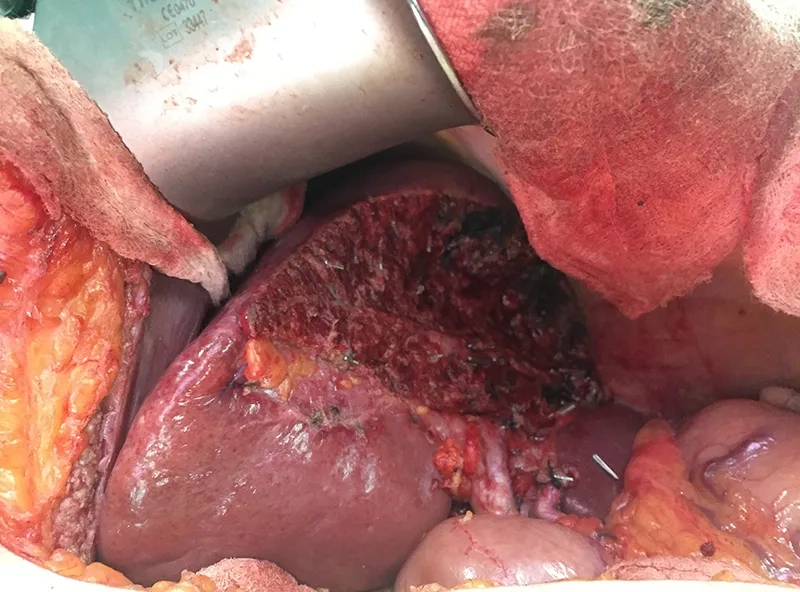
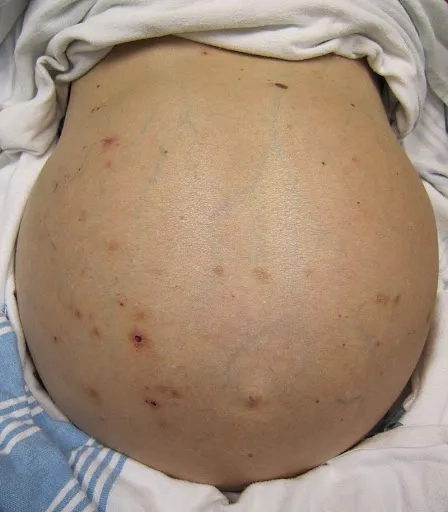
>>> Discover more: Pancreatic cancer - Understanding the silent symptoms
Early diagnosis is critical for a better liver cancer survival rate. If you have risk factors or notice persistent symptoms, speak with your doctor. Proactive monitoring and timely intervention are key to managing your liver health.
>>> Don't miss: Thyroid cancer - A guide to diagnosis and treatment options




